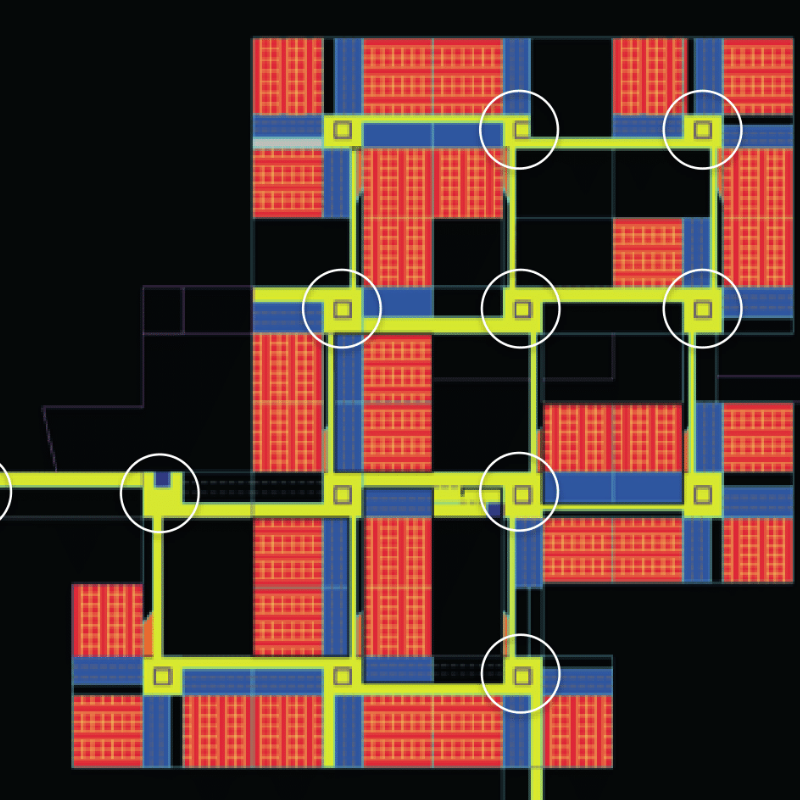Le Corbusier’s Venice Hospital: a genealogy of individual and collective intelligence in his architecture
Sophia Psarra (Bartlett School of Architecture)
9 November 6pm
Keynes Library, 43 Gordon Square WC1H 0PD
In the 1960s Le Corbusier designed a hospital to be located in the run down area of San Giobbe in Venice. Responding to scientific ideas about health and in striking contrast to his early-twentieth century visions of a clean slate approach, the archetypal modernist proposed a radical design, rethinking architecture and the city as adaptable urban environments.
The Hospital has been described as a unique work in Le Corbusier’s oeuvre. Yet, seen in the context of his other architectural designs, it reveals a consistent genealogy of ideas, from the early 20th century approach of the architect-artist working ex-nihiloto the transcendental principles of classicism, and finally, the post-war cybernetic research of the 1950s and 1960s on buildings and cities as networks.
I will argue that as the last challenge in Le Corbusier’s work, the Hospital is closely linked to the diversification of models we need in order to guide the critical development of the new urban ideal for sentient cities and architecture.’




November 8, 2018 at 3:00 pm
Unfortunately, I will not be able to attend, but would willingly have copies of any slides, if they are available.
Thank you
November 9, 2018 at 11:23 am
Hi Beatrice, thanks for your comment. Re the slides, you can try contacting Sophia directly if you like – https://www.ucl.ac.uk/bartlett/architecture/dr-sophia-psarra